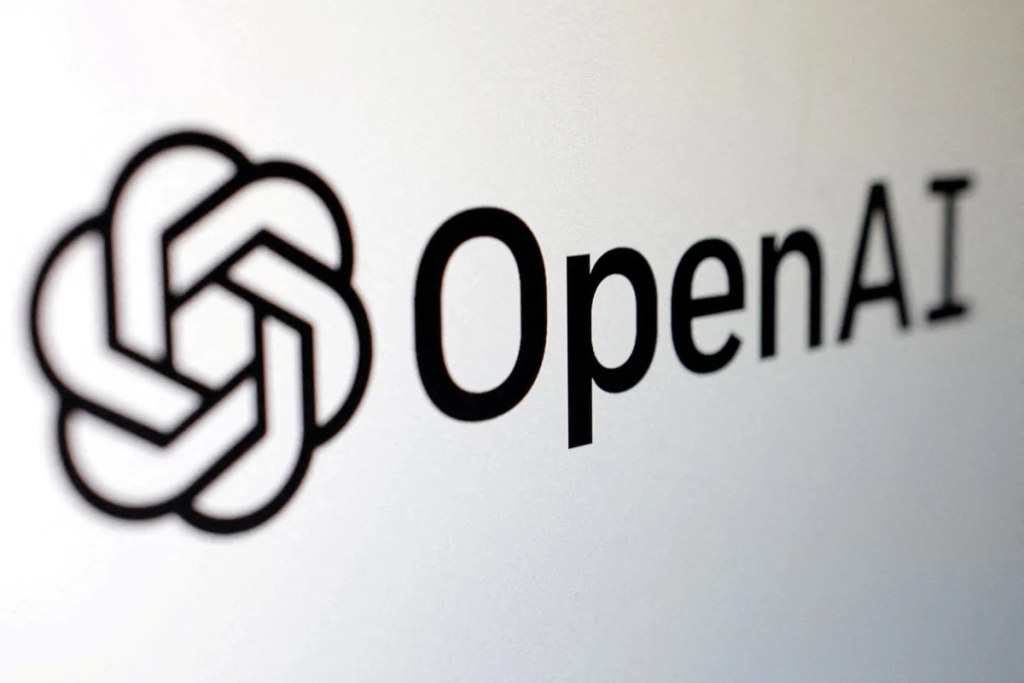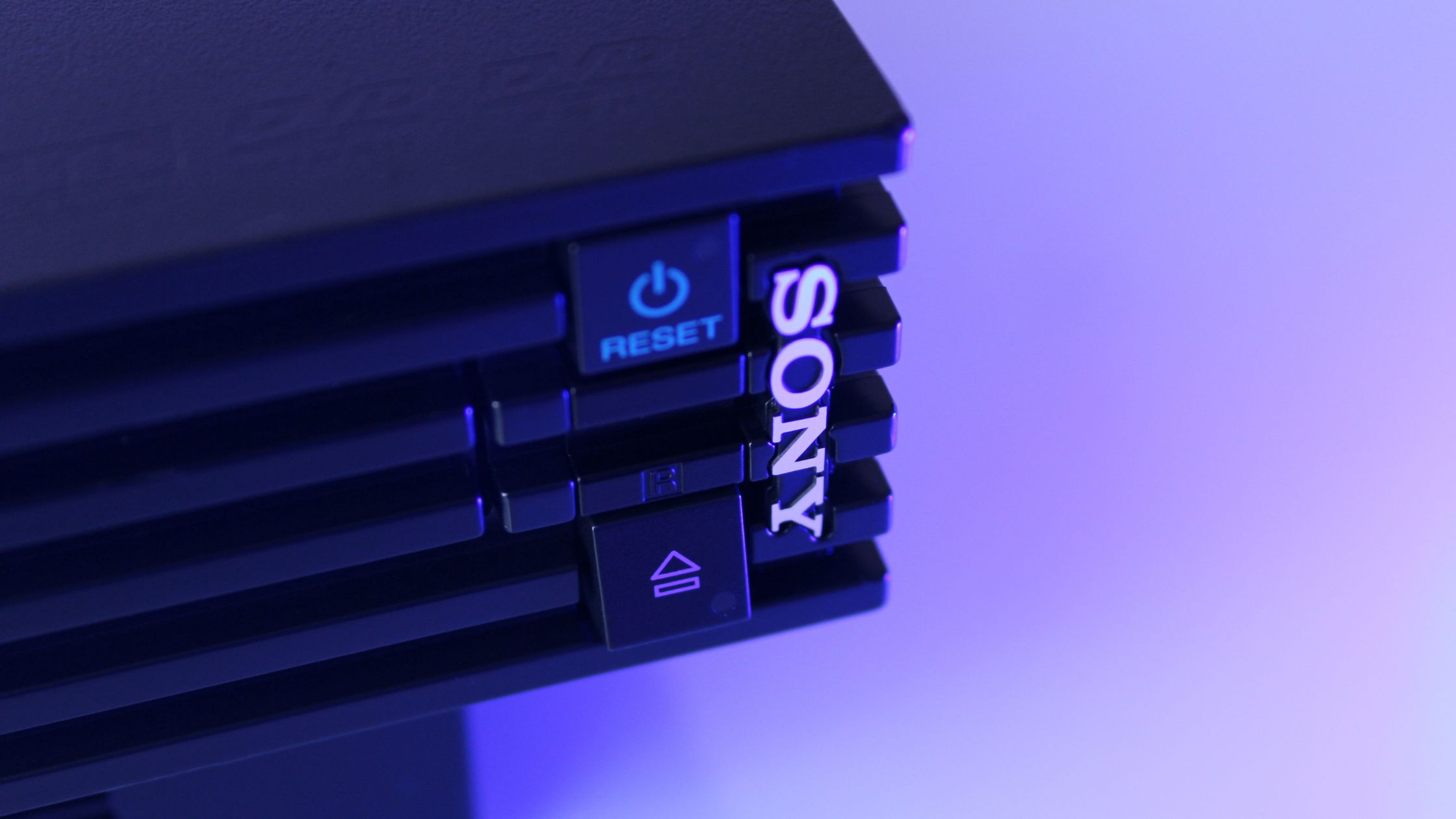Artificial Intelligence (AI) giant OpenAI, renowned for its groundbreaking ChatGPT application, is making strategic moves in the realm of intellectual property, signaling ambitious future developments. The company recently filed trademark applications in China for “GPT-6” and “GPT-7”, indicating its ongoing commitment to evolving its AI technology.

Credit: Reuters
OpenAI OpCo, the principal operating entity of the San Francisco-based startup, submitted these applications under two critical categories: class 9, covering scientific or research instruments, and class 42, pertaining to technological services and design. Currently, these applications are under review by the China National Intellectual Property Administration. It’s noteworthy that OpenAI’s services, including the popular ChatGPT, are not available in China, encompassing Hong Kong.
These recent filings follow OpenAI’s earlier applications for “GPT-4”, “Whisper”, and “GPT-5”, all of which are still pending approval. This consistent trademark activity in China is a clear indicator of OpenAI’s intention to protect and expand its intellectual properties, even in markets where its services are not currently operational.
OpenAI has been at the forefront of advancing large language models, a key aspect of deep-learning algorithms capable of sophisticated language understanding and generation. ChatGPT, which originally operated on GPT-3.5 with an impressive 175 billion parameters, has evolved with the introduction of GPT-4. Although OpenAI has not publicly disclosed the specifics, reports suggest GPT-4 may possess over a trillion parameters.
The development of these models is not without controversy or challenge. Last month, OpenAI CEO Sam Altman, in an interview with the Financial Times, mentioned the company’s work on GPT-5 and its plans to secure additional funding from Microsoft for research development. This interview preceded a tumultuous period in OpenAI’s management, where Altman was temporarily removed as CEO, only to be reinstated 12 days later following staff uproar.
Behind these executive shifts were concerns among some OpenAI researchers about the potential risks associated with powerful AI developments, particularly regarding a project codenamed Q*, rumored to be a significant stride towards artificial general intelligence. Upon his return, Altman emphasized OpenAI’s dual commitment to advancing its research while intensifying its focus on safety.
These developments and OpenAI’s strategic intellectual property moves indicate a company at the vanguard of AI technology, navigating complex ethical, safety, and commercial landscapes. With each iteration of its generative models, OpenAI not only pushes the boundaries of what AI can achieve but also raises crucial questions about the future impact of these technologies on society.





